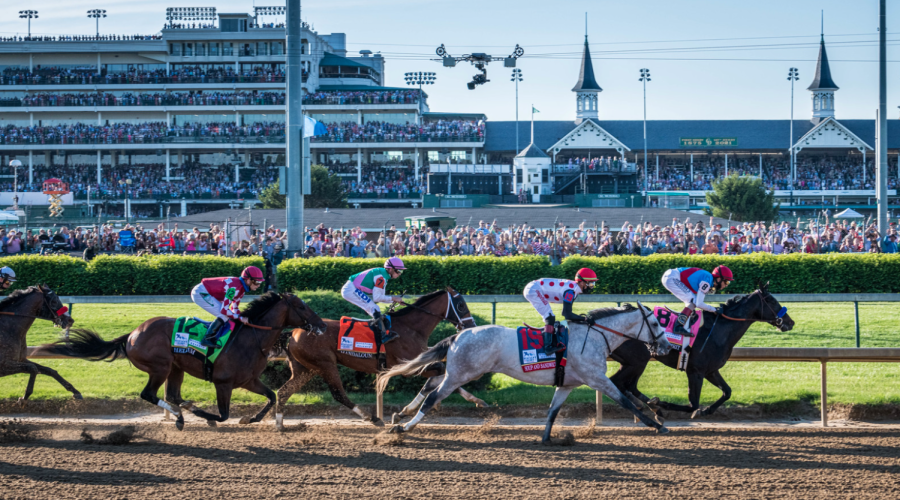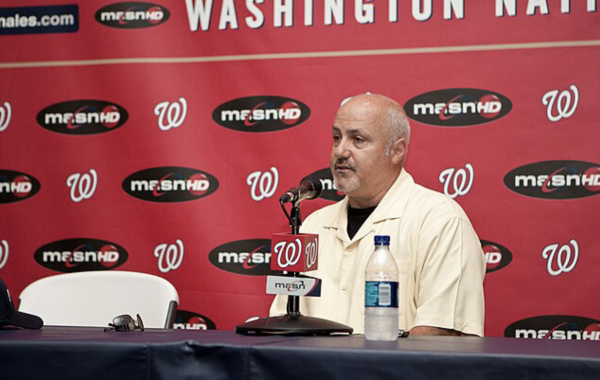Kentucky Derby Overshadowed by Horse Deaths and Injuries
On May 6, 2023, the 149th Kentucky Derby took place at Churchill Downs in Louisville, Kentucky. Each year, thousands of fans flock to the track to watch 20 horses race one lap around the famous 1 ¼ mile track, which fans have dubbed “the most exciting two minutes in sports.”
In 2023, spectators bet as usual on the racing and enjoyed the festivities. However, this year, a tragedy loomed over the event.
In the week leading up to the main race, seven horses died from various injuries, leading to a discussion on the safety and ethics of horse-racing as a sport.
One week before the race, a predicted major contender in Sunday’s race, Wild on Ice was euthanized after a training injury. Due to the active nature of a horse’s lifestyle, one may be euthanized for a broken leg, as was the case for the majority of the deaths that week. Soon after Wild on Ice’s tragic death, Code of Kings broke his neck, and Chloe’s Dream and Freezing Point were both euthanized after sustaining injuries in the Saturday race. Two more horses died in the course of the week, both belonging to the same trainer, Saffie Joseph Jr.
Following the death of these two horses, Churchill Downs made the decision to suspend Joseph Jr. from racing at their tracks indefinitely, citing concerns about the condition and safety of his other horses. This suspension forced his other horses in the Derby to be scratched from the running order. Joseph claims he does not know what caused the deaths of his horses, and according to CNN, feels like a scapegoat for the numerous deaths occurring that week.
Despite this, the other races went on as planned, but just hours before the big race on Sunday, Forte, the 3-1 favorite to win, was scratched due to health concerns. After an examination, the veterinarian found that Forte’s right foot was bruised, leading to his withdrawal from the race. After this incident, the field opened up for a longshot to win the race. Mage, trained by Gustavo Delgado and ridden by hall-of-famer Javier Castellano, beat his 15-1 odds and won the Kentucky Derby, the first race of the coveted Triple Crown Series. On Saturday, May 20, Mage will run in the Preakness Cup to continue his journey towards the trifecta, which ends with the Belmont Stakes. Only thirteen horses in the 73 year history of the Triple Crown have won all three races in one year.
But Mage’s against-the-odds win was heavily overshadowed by the horse deaths occurring in the week leading up to his victory, bringing to attention the controversy that has surrounded horse-racing for years. The Kentucky Derby, and horse-racing as a whole, has a long history of doping, abuse, death and injury.
In fact, the winner of the 2021 Kentucky Derby, Medina Spirit, died just months after his win at only three years old.Subsequently, his title was stripped after Churchill Downs learned that he and other horses trained by handler Bob Baffert failed multiple drug tests post-race. The steroid Medina Spirit tested positive for is legal in Kentucky during training, but not on race day. On a steroid such as betamethasone, horses are able to run unnaturally fast, leading to excessive strain on the body. Baffert’s use of steroids on Medina Spirit may be related to his sudden death, which was cited as a heart attack.
But Baffert, considered the face of horse racing after guiding two horses to the Triple Crown in 2015 and 2018, received only a 90 day suspension from the Kentucky Horse Racing Commission, and a $7500 fine, which many criticized as an insufficient punishment.
The topic of animal abuse, and the lack of repercussions faced by prevalent horse trainers, has been debated by animal rights activists for years. It was not until the seven deaths leading up to the latest Kentucky Derby that these controversies were brought to the general public’s attention.
Some reforms have started to take shape; Congress passed a bill creating the Horseracing Integrity and Safety Authority (HISA) in 2020, whose mission is to standardize the rules of horse racing nationwide, which will prevent trainers from evading fines and suspensions by changing states. However, HISA could not prevent the deaths possibly caused by negligence, overworking, or steroids that occurred at this year’s Kentucky Derby, putting the commission’s authority into question.
Both critics and people in the horse racing industry agree that the future of the sport is grim. Many are calling on authorities to create widespread change in the thoroughbred industry and to ensure trainers face consequences for their mistreatment of their trainees.















































